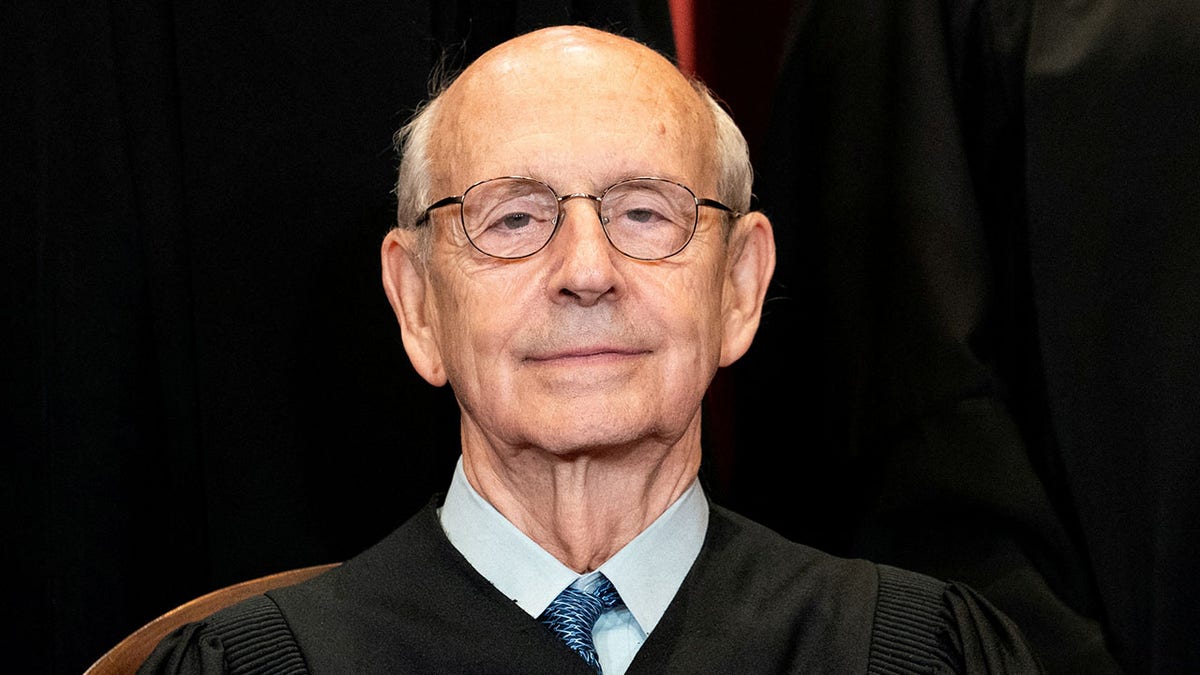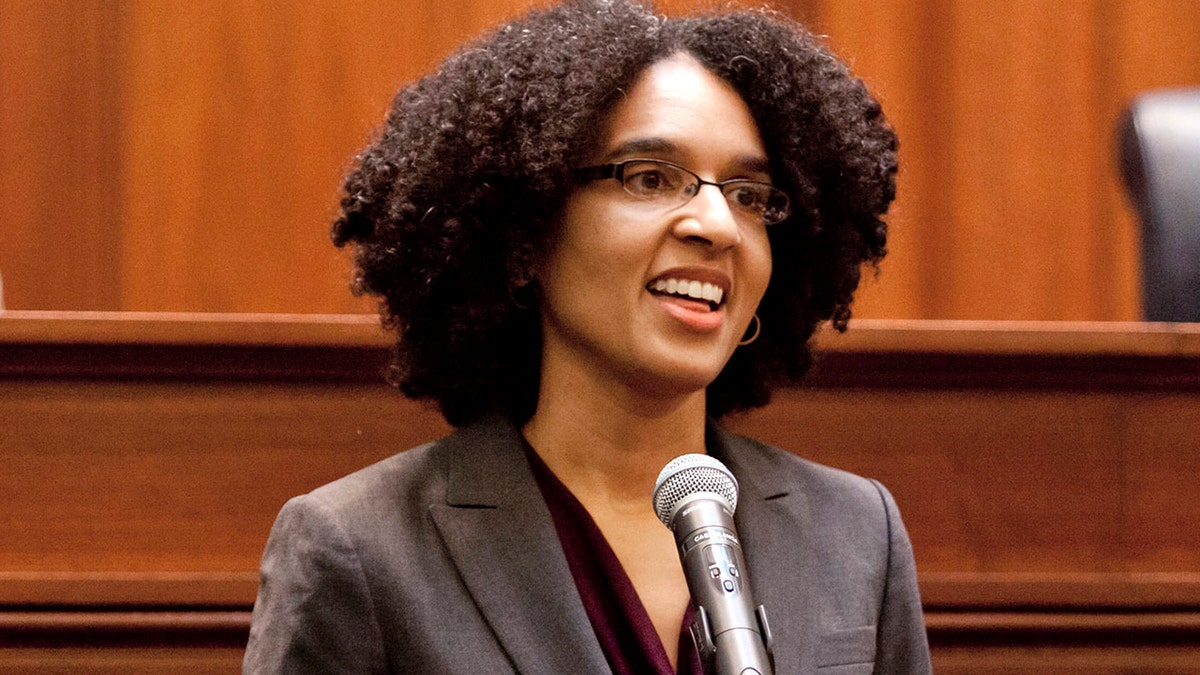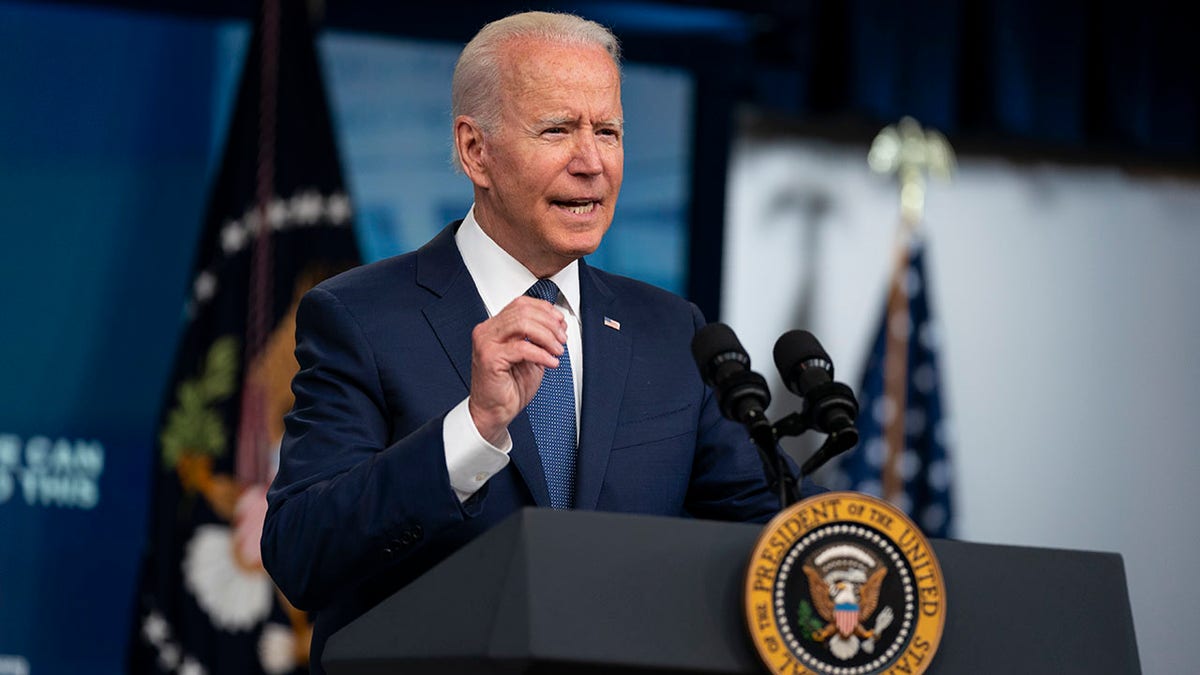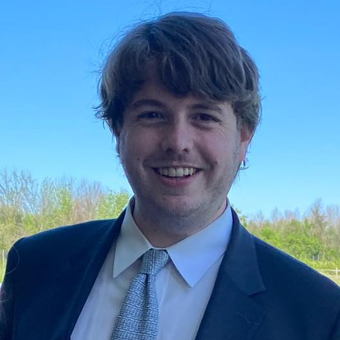One of the women on President Biden's short list to replace outgoing Supreme Court Justice Stephen Breyer once startled the court's justices with her aggressive position against the plaintiff in a religious liberty case.
Leondra Kruger, now a justice on California's highest court, argued on behalf of the Obama administration in Hosanna-Tabor Evangelical Lutheran Church and School v. EEOC, which involved whether religious organizations had to abide by anti-discrimination laws when choosing religious leaders.
13 SENATE DEMOCRATS VOTED AGAINST BLACK FEMALE JUDGE NOMINATED BY TRUMP

Supreme Court Justice Stephen Breyer is retiring at the end of this term. President Biden has pledged to replace Breyer with a Black woman. (Erin Schaff/Pool via REUTERS)
"The position that Kruger staked out as a litigant in Hosanna-Tabor against the ministerial exception — one that even Justice Kagan described as ‘amazing' during oral argument — suggests that she could be hostile to religious liberty if she were appointed," Judicial Crisis Network president Carrie Severino told Fox News Digital in a Monday statement.
"Given that Hosanna-Tabor was unanimously decided, such a position would shift the Court's liberal wing even further to the left, which of course is the desire of the liberal dark money groups who spent $1.5 billion in 2020 to help elect President Biden and Senate Democrats," she continued.
Kruger broadly argued against a doctrine known as the "ministerial exception," which generally bars the government from intruding into how religious organizations choose their leaders.
The ministerial exception is what protects religious groups' "freedom to make employment decisions based on their beliefs, including their beliefs on marriage and human sexuality," for ministerial positions, notes the Alliance Defending Freedom, a conservative legal group.
The justice's ruling recognized that "it is impermissible for the government to contradict a church’s determination of who can act as its ministers."
In his opinion, Chief Justice John Roberts wrote that the Obama administration’s argument was "hard to square with the text of the First Amendment itself, which gives special solicitude to the rights of religious organizations."
"We cannot accept the remarkable view that the Religion Clauses have nothing to say about a religious organization’s freedom to select its own ministers," he opined.
During oral arguments, Roberts pressed Kruger on whether there is "a ministerial exception distinct from the right of association under the First Amendment."
"We think that the ministerial exception is one that incorporates the right of association as well as the rights under the religion clauses," Kruger responded.
"Is there anything special about the fact that the people involved in this case are part of a religious organization?" Roberts retorted.

In this Dec. 22, 2014 photo, Leondra Kruger addresses the Commission of Judicial Appointments during her confirmation hearing to the California Supreme Court in San Francisco. Kruger is now reportedly on President Biden's shortlist to replace Justice Stephen Breyer. (AP Photo/S. Todd Rogers, Pool, File)
Kruger said her team thought the Court "has elaborated in other cases involving similar claims to autonomy, noninterference" but was interrupted by Roberts.
"Is that a ‘no?’ You say it’s similar to other cases. Expressive associations — a group of people who are interested in labor rights have expressive associations," Roberts asked. "Is the issue we are talking about here in the view of the United States any different than any other group of people who get together for an expressive right?"
Kruger said her side believed "the basic contours of the inquiry are not different" before repeating her point about similar cases, eliciting a response from several justices.
CLICK HERE TO GET THE FOX NEWS APP
"That’s extraordinary… We’re talking here about the Free Exercise Clause and about the Establishment Clause, and you say they have no special application to –," the late Justice Antonin Scalia said, with Kruger finishing his sentence.
"The contours — but the inquiry that the Court has set out as to expressive associations we think translate quite well to analyzing the claim that Petitioner has made here. And for this reason, we don’t think that the job duties of a particular religious employee in an organization are relevant to the inquiry…." Kruger said.

President Biden has pledged to nominate a Black woman to the Supreme Court. (AP Photo/Evan Vucci)
"So, this is to go back to Justice Scalia’s question, because I too find that amazing, that you think that the Free — neither the Free Exercise Clause nor the Establishment Clause has anything to say about a church’s relationship with its own employees," Justice Elena Kagan said.






